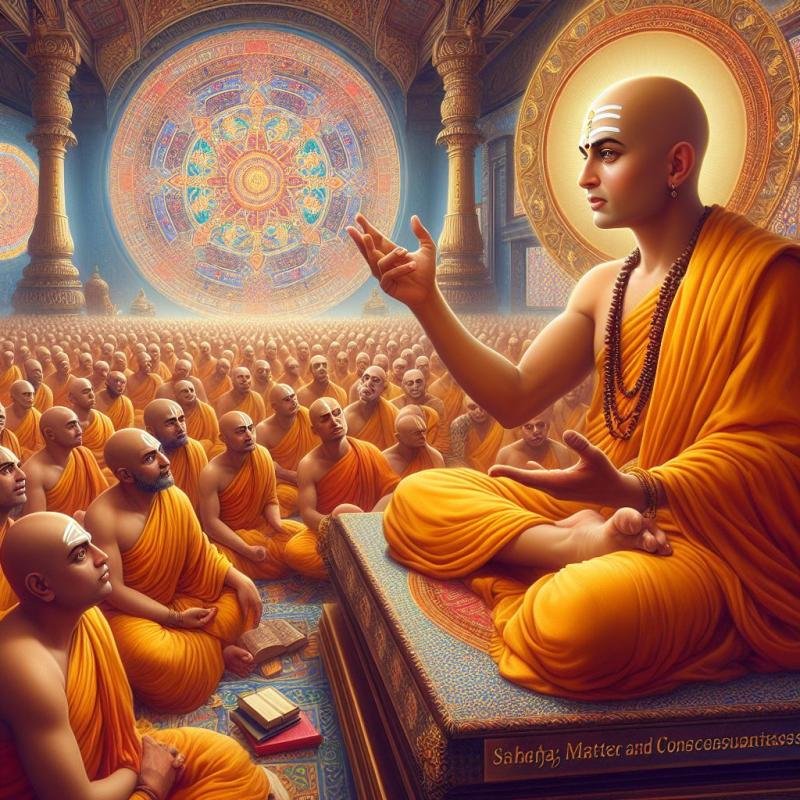Historical and Archaeological Perspective
Ancient Texts: The Vedas are some of the oldest religious texts in the world, with the Rigveda believed to have been composed around 1500–1200 BCE. They are considered ancient and foundational texts in Indian history and have been passed down through generations orally before being written down.
Linguistic Evidence: The Sanskrit language in which the Vedas are written is highly sophisticated and complex, indicating a high level of intellectual development among the people who composed them. The linguistic structure and the consistency of the oral tradition add to their authenticity as ancient texts.

Scholarly and Philosophical Perspective
Influence on Indian Philosophy and Culture: The ideas expressed in the Vedas have significantly influenced Indian philosophy, religion, and culture. Concepts such as karma, dharma, and yoga have roots in Vedic literature and continue to be relevant today.
Philosophical Depth: The Vedas cover a wide range of subjects, including cosmology, rituals, ethics, and metaphysics. The Upanishads, which are considered the concluding part of the Vedas, delve deeply into philosophical questions about the nature of reality and the self.
Religious and Spiritual Perspective
Scriptural Authority: For millions of Hindus, the Vedas are sacred scriptures that provide spiritual guidance and insight. They are revered as divinely revealed texts (Shruti) and form the basis of various religious practices and rituals.
Living Tradition: The Vedas are not just ancient texts but are part of a living tradition. Vedic chanting and rituals are still practiced in many parts of India, indicating their continued relevance and perceived authenticity within the Hindu community.
Scientific and Logical Perspective
Scientific Knowledge: Some scholars prove that the Vedas contain knowledge of astronomy, mathematics, and medicine that was advanced for their time. For example, references to the movement of celestial bodies and herbal medicine can be found in these texts.
Symbolic Interpretation: Many aspects of the Vedas can be understood symbolically rather than literally. The rituals might encode deeper truths about human psychology, sociology, and the natural world.
The Critics :
Satyalogical Content: Critics argue that the Vedas contain stories and supernatural elements ,some has proven scientifically and many to go. This viewpoint suggests that while the Vedas are important cultural and religious documents, the debate is their supernatural claims are not empirically verifiable but we will try to find the source of the maximum stories
Historical Context: Some scholars view the Vedas as products of their historical context, reflecting the beliefs, practices, and social structures of early Indo-Aryan societies rather than containing timeless truths.
Conclusion
I believe that the Vedas are “real” and it is question of one’s beliefs, values, and interpretive framework. From a historical and cultural perspective, the Vedas are real in the sense that they are authentic ancient texts with a significant impact on Indian civilization. From a religious and spiritual perspective, they are considered divine revelations and sources of spiritual wisdom. From a scientific perspective, while some claims can be interpreted symbolically or metaphorically, others remain beyond empirical verification.
Understanding the Vedas requires a multi-faceted approach that respects both their historical significance and their ongoing spiritual importance to millions of people.
